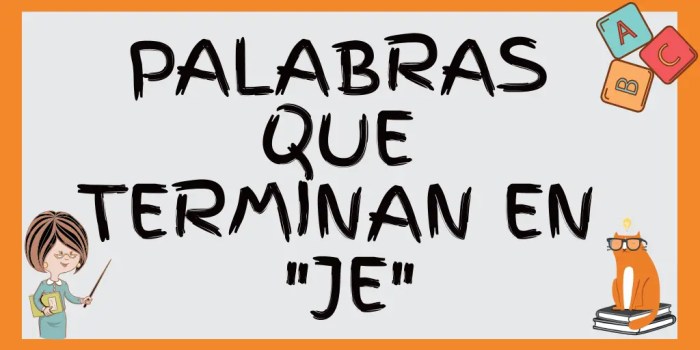Palabras que terminan con ito, a linguistic journey awaits! Embark on an exploration of these enchanting words that add a touch of charm and affection to the Spanish language. From their grammatical nuances to their cultural significance, get ready to uncover the secrets that lie within.
These words, ending in the diminutive suffix “ito,” paint a vivid picture, evoking emotions and adding depth to everyday speech. Join us as we delve into the fascinating world of palabras que terminan con ito, where language comes alive with expressive power and cultural insights.
Definitions and Examples of Words Ending in “ito”
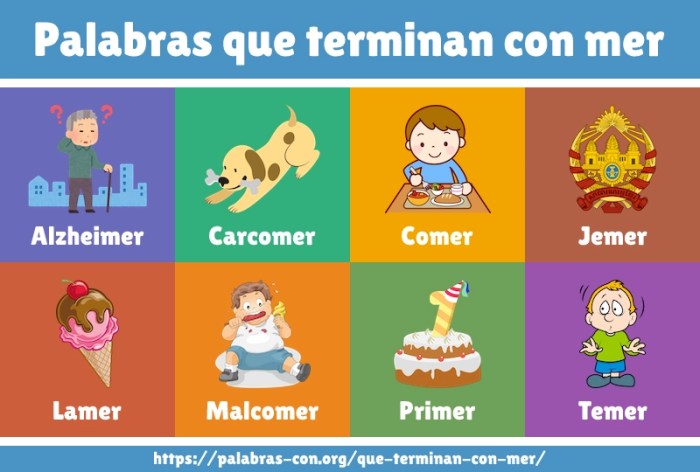
Words ending in “ito” in Spanish are typically diminutives, which are words that express a smaller or lesser version of something. They are often used to express affection, endearment, or to make something sound less serious or important.
Here is a table of some common words ending in “ito” and their meanings:
| Spanish Word | Meaning |
|---|---|
| gatito | little cat |
| perrito | little dog |
| casita | little house |
| carita | little face |
Grammatical Usage and Patterns
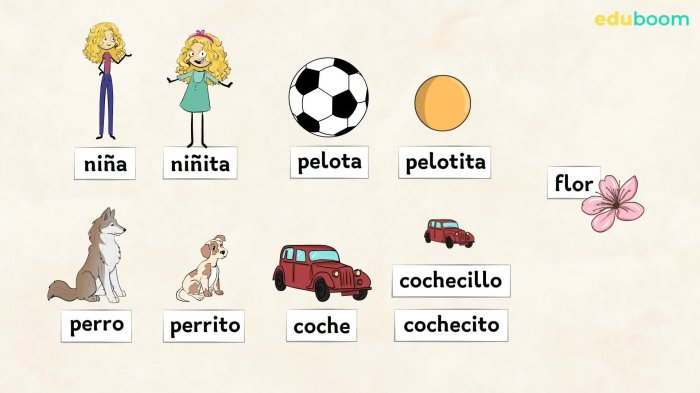
Words ending in “ito” follow specific grammatical rules and exhibit unique patterns in their usage.
These words are typically formed by adding the diminutive suffix “-ito” to nouns, adjectives, or verbs. The suffix “-ito” conveys a sense of smallness, endearment, or affection. For instance, “casa” (house) becomes “casita” (small house), “bonito” (beautiful) becomes “bonitito” (very beautiful), and “hablar” (to speak) becomes “hablarcito” (to speak softly).
Diminutive and Affectionate Connotation, Palabras que terminan con ito
The use of words ending in “ito” often carries a diminutive or affectionate connotation. This diminutive quality makes them suitable for expressing endearment, tenderness, or intimacy. For example, “hijito” (little son) or “hijita” (little daughter) are used to express affection towards children, while “amorcito” (my little love) is used to express affection towards a romantic partner.
Cultural and Linguistic Significance
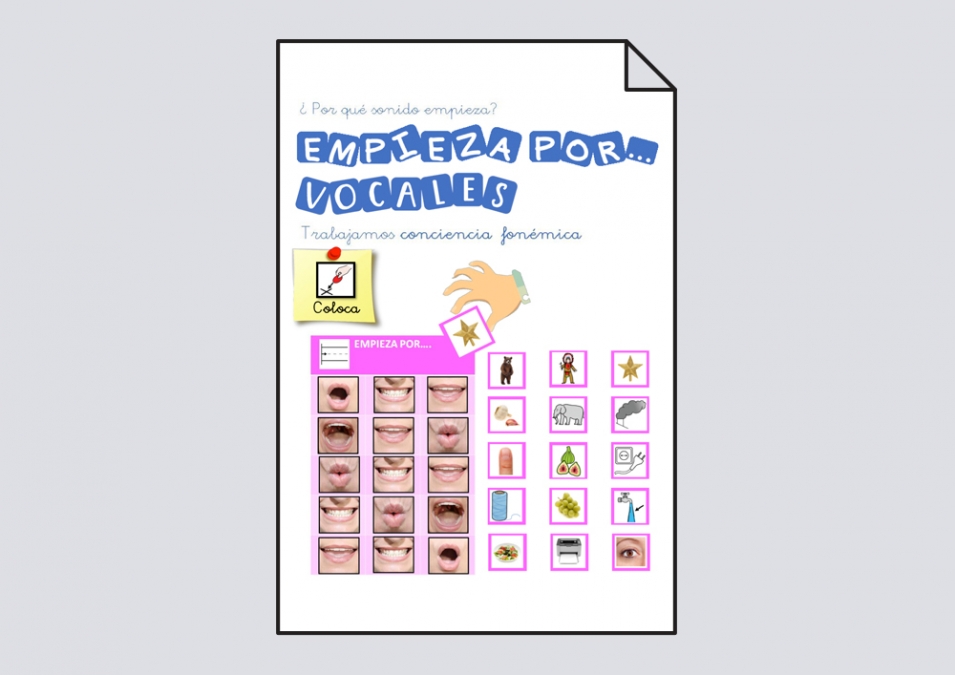
Words ending in “ito” in Spanish hold significant cultural and linguistic value. They often carry emotional nuances and convey a sense of affection, intimacy, and endearment.
Everyday Speech
In everyday speech, words like “poquito” (a little bit) and “bonito” (pretty) add a touch of warmth and familiarity to conversations. They express affection towards loved ones, friends, and even strangers in informal settings.
Literature
In Spanish literature, words ending in “ito” are used to create a sense of intimacy and emotional connection between characters. Authors use them to convey tenderness, vulnerability, and endearment, enriching the depth and complexity of their stories.
Music
In Spanish music, especially in genres like boleros and ballads, words ending in “ito” are frequently employed to express romantic emotions and longing. They evoke a sense of nostalgia and longing, adding a layer of emotional depth to the lyrics.
Comparative Analysis with Other Languages: Palabras Que Terminan Con Ito
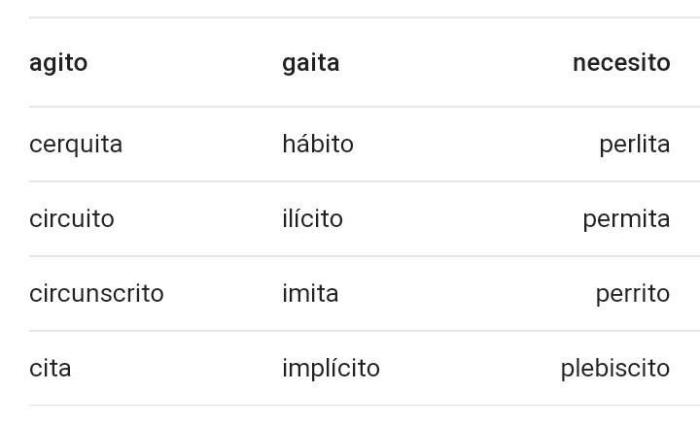
Words ending in “ito” in Spanish are often used to convey a sense of affection, endearment, or smallness. This usage is similar to the use of diminutive suffixes in many other languages, such as “-chen” in German, “-inho” in Portuguese, and “-ette” in French.
In general, these suffixes have similar grammatical rules and cultural significance across languages.
One of the main similarities is that diminutive suffixes are often used to express affection or endearment. For example, in Spanish, the word “gatito” (little cat) is often used to refer to a beloved pet, while in German, the word “Hündchen” (little dog) can be used to express affection for a small dog.
Another similarity is that diminutive suffixes can be used to indicate smallness or insignificance. For example, in Portuguese, the word “casinha” (little house) can be used to refer to a small house, while in French, the word “maisonette” (little house) can be used to refer to a small apartment.
Incluso las palabras que terminan con “ito” pueden evocar tristeza, como el “obituario para Romeo y Julieta” ( obituary for romeo and juliet ), que conmemora el trágico final de dos amantes desafortunados. Pero no te preocupes, aún hay esperanza: palabras como “bendito” y “agradecido” nos recuerdan que incluso en la oscuridad, siempre hay luz.
Cross-Linguistic Influences and Linguistic Universals
The use of diminutive suffixes is a linguistic universal, meaning that it is found in languages all over the world. This suggests that there is a cognitive or psychological need for humans to be able to express affection and smallness through language.
The cross-linguistic influences of diminutive suffixes are also evident in the fact that many languages have borrowed diminutive suffixes from other languages. For example, the Spanish suffix “-ito” is thought to have been borrowed from the Latin suffix “-culus”.
Creative Applications and Wordplay

Words ending in “ito” offer a wealth of creative possibilities in various artistic expressions. Their inherent charm and musicality lend themselves to poetic verse, enhancing the emotional depth and expressive power of language. These words can evoke a sense of tenderness, nostalgia, or playfulness, adding a unique flavor to literary compositions.
In songwriting, words ending in “ito” create a rhythmic flow and melodic appeal. They can convey a range of emotions, from heartfelt ballads to upbeat tunes. The repetition of the “ito” sound creates a sense of continuity and cohesion, making these words particularly effective for choruses and memorable refrains.
In storytelling, words ending in “ito” can add a touch of whimsy and charm. They can be used to create endearing characters, depict quaint settings, or convey a sense of nostalgia. By employing these words, authors can evoke a sense of warmth and familiarity, drawing readers into the narrative world.
Wordplay and Humor
Words ending in “ito” also lend themselves to clever wordplay and humor. Their diminutive nature can create a sense of irony or amusement, making them ideal for puns, jokes, and playful banter. The repetition of the “ito” sound can also enhance the comedic effect, creating a sense of rhythm and surprise.
In advertising and marketing, words ending in “ito” can be used to create catchy slogans and memorable jingles. Their playful and attention-grabbing nature makes them effective for capturing the attention of consumers and conveying a sense of fun and lightheartedness.
Overall, words ending in “ito” offer a versatile and expressive tool for creative writers, musicians, and storytellers. Their inherent charm and musicality, combined with their potential for wordplay and humor, make them a valuable asset in the realm of artistic expression.
Helpful Answers
What are palabras que terminan con ito?
Palabras que terminan con ito are Spanish words that end in the diminutive suffix “ito,” which conveys a sense of smallness, affection, or endearment.
How are palabras que terminan con ito used grammatically?
These words follow specific grammatical rules, such as being used as nouns, adjectives, or adverbs, and they can modify other words to indicate size, affection, or endearment.
What is the cultural significance of palabras que terminan con ito?
In Spanish-speaking cultures, these words play a vital role in everyday speech, literature, and music, expressing emotions and adding a touch of warmth and familiarity to communication.
